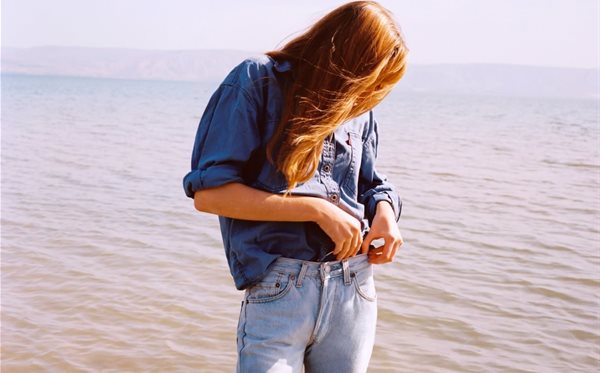
Related

Clothing company implicated in sweatshop scandal cries foul
Tania Broughton 12 hours

KZN sweatshops sued for labour law violations
Tania Broughton 12 Feb 2026


Levi’s opens 3 new stores in SA
8 Dec 2025


Top stories






More news














The fashion brand makes sole use of black and grey water in its manufacturing processes and prevents further pollution to South Africa's water systems.
The World Economic Forum rates water issues as the top financial risk to the global economy, affecting both people and the planet. Two billion people live in high water stress areas, where the water demand is higher than what is available. Four billion people experience severe water scarcity worldwide.
Approximately nineteen million South Africans depend on the Vaal River System for drinking water. The country’s most significant river system is currently polluted by sewage, refuse, alien plants and manufacturing chemical pollutants, threatening the health of the environment as well as citizens.
In South Africa, the treatment of wastewater generated in rural and peri-urban areas is non-existent or scarce. Chemicals used in the manufacturing process of textiles either don’t decompose or decompose very slowly, adding to pollution of groundwater and the ecosystem’s degradation.
“Dam levels in South Africa are currently high. However, the safety of our drinking water is concerning. A healthy water supply contributes to a strong economy and reduces poverty,” says Candace Gilowey, head of marketing at Levi Strauss & Co. in South Africa. “At Levi’s, we aim to do more to remove hazardous chemicals from the apparel supply chain,” she adds.
The company's ‘Recycle and Reuse Standard’ aims to support improved water treatment. This guideline applies to all finishing facilities in compliance with the Global Effluent Requirement (GER) to recycle or reuse effluent water as a full or partial replacement of freshwater in the facility.
The Recycle and Reuse standard states that facilities must adhere to the Zero Discharge of Hazardous Chemicals (ZDCH) wastewater guidelines and recycle over 20% of the manufacturing water, leaving drinking water unaffected.
Levi Strauss & Co. has also introduced 20 WaterLess finishing techniques worldwide that can save up to 96% of the water used in their apparel’s finishing processes. Eighty percent of the company's key factories will become WaterLess by 2025. So far, the company reports having saved more than 3 billion litres and recycled more than 1.5 billion litres of water through the WaterLess innovations.
To raise awareness of the importance of clean and sustainable drinking water and celebrate the success of implementing its clean water-saving techniques, Levi’s is giving South African consumers clean drinking water in eco-friendly cartons.
Shoppers can collect these at the following Levi’s stores: Canal Walk; Cavendish; Clearwater; Eastgate; Gateway; Mall of Africa; Menlyn; Sandton; Tyger Valley and the V&A Waterfront.